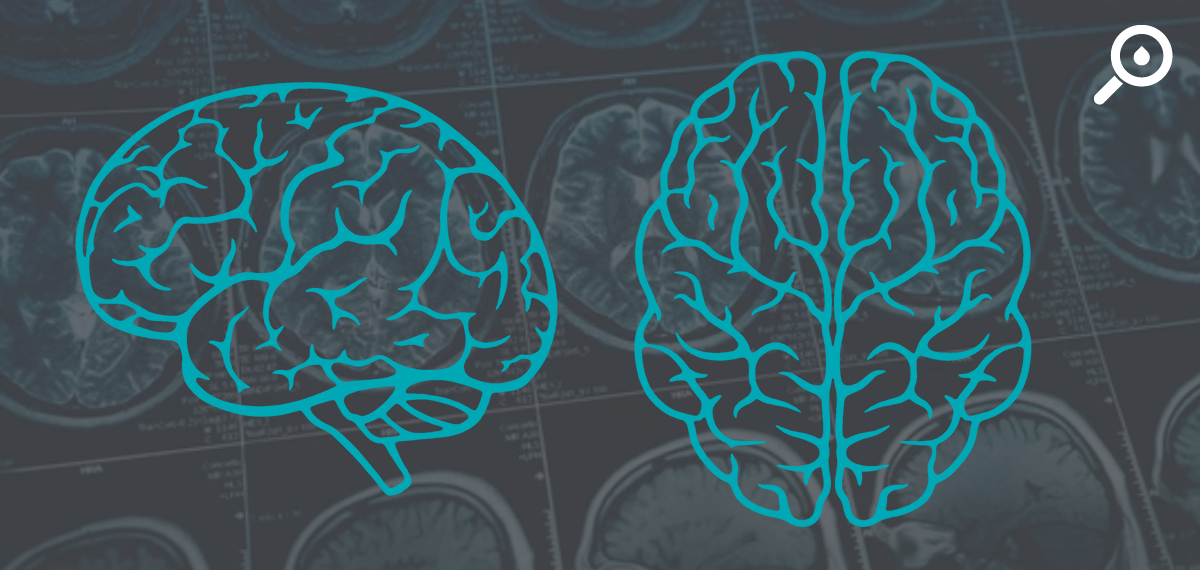
People around the world are living longer than ever – 33 countries average a lifespan of 80 years or more. While life expectancy in the US has dropped in recent years (in part due to the COVID pandemic), we can still expect to live longer than our grandparents.
This shift is largely due to advancements in science, technology, social equity, and our collective understanding of these areas. We have access to better tools and healthier foods, know the importance of taking care of our bodies, and greater means and ability to do so. A bottle of small pills can cure diseases that otherwise might have killed us less than a century ago, and, thanks to blood donors, we have a safe and reliable supply of lifesaving blood available the moment we might need it.
The changes that increase longevity may lead to unexpected consequences in other aspects of life and health.
Traumatic Brain Injury (TBI) is one example of this, something that Bloodworks Principal Investigator Dr. Jing-Fei Dong has explored in depth.
TBI used to be overwhelmingly fatal.
While TBI causes bleeding to accumulate in the form of hematoma at the site of injury, it also leads to secondary injuries that vary in type, location, and severity. These secondary injuries contribute to more than 50% of TBI deaths. Coagulopathy, the condition where blood doesn’t clot as it should, is one of these secondary injuries and causes tissue and organ damage not only to the brain but also to other organs, such as the lungs.
TBI-induced coagulopathy has been known for decades, but itself has not been a major focus of TBI treatment because the vast majority of TBI patients did not survive the early stages of injury. However, with advances in medicine, more patients now survive severe TBI, so understanding TBI-induced coagulopathy and other secondary injuries becomes increasingly important to further improve patient outcomes.
TBI also used to be more prevalent in younger people: children and adolescents are more active and more likely to play contact sports, engage in risky behavior, and make bad decisions.
Today, TBI has become a significant problem for people over 65. While we know how to stay fit and healthy into our golden years, older folks are still more prone to falls, and the blood thinners that treat or prevent heart disease, a historic problem of old age, may lead to excess or unwanted bleeding after injury.
A moment of lost balance combined with anticoagulant medications can quickly take a head injury from headache to devastating brain bleed.
TBI-induced secondary bleeding may develop during acute TBI and is associated with poor clinical outcomes. While TBI-induced secondary bleeding is more common in penetrating injuries or severe damage to the cerebellum, it hasn’t been well understood which injuries will lead to greater problems and which ones won’t.
“It’s easy to understand why trauma patients have secondary bleeding,” Dr. Dong said. “We’re not talking about injury-induced bleeding, but rather other causes, because there are a lot of unknown factors. So, the topic was on what impact traumatic brain injury had on other organs, like the lungs, the heart, or the kidney.”
The brain is an important organ. On average, the adult human brain makes up 2% of body weight and yet receives 15% of blood pumped by the heart and consumes 20% of total oxygen because it has 3-5 times as many blood vessels as in any other organ in the body. Furthermore, the brain has many factors that are known to regulate blood clotting. For examples, brain cells contain ~25% phospholipids as compared to ~10% in other tissues and 13-15% of total membrane phospholipids. Some of these phospholipids are strong activators of blood clotting.
It’s easy to see how a brain injury could be devastating, but what’s puzzled scientists has been that TBI-induced bleeding isn’t limited to the area of impact but spread to other regions of the brain and other organs such as the lungs, blood, the heart, and the kidney.
TBI-induced coagulopathy often manifests as delayed or secondary bleeding in the brain, but it involves the entire blood circulation. This differs from bleeding abnormalities arise from trauma to other parts of the body, such as a limb, the liver, or the abdomen.
A key difference is that TBI does not induce substantial blood loss as the body trauma does (the medical term is hemorrhagic shock). As a result, patients with body trauma lose blood proteins and cells that protect us against bleeding, whereas such loss is limited in patients with TBI. In contrast, patients with TBI develop coagulopathy that is consumptive in nature because it uses up clotting cells and proteins.
If TBI-induced coagulopathy is consumptive, the question becomes what causes this behavior and its spread to other organs.
When cells are injured or die, they break up to small pieces called extracellular vesicles (EVs). EVs are highly diverse in structure and in what they carry. These EVs often have the functions of their parental cells and also perform activities of their own.
When brain cells are damaged during a vascular injury, EVs make their way into the bloodstream. When released into circulation after acute TBI, the Dong lab found that EVs from injured brain cells damage the endothelial cells that line the vessel wall and also triggering blood clotting on their surface to consume blood clotting proteins, leading to a coagulopathic state and secondary bleeding.
EVs from injured brain and other cells can therefore be used for clinical management of patients with severe TBI:
Your support helps Bloodworks Research Institute conduct meaningful research like this.
Tell Us What You Think!